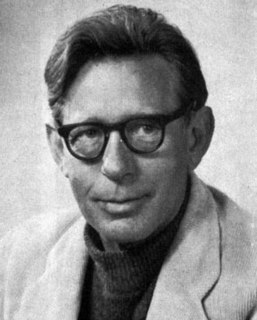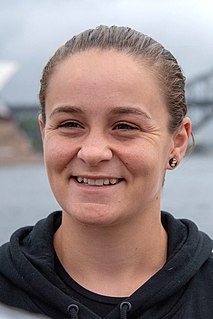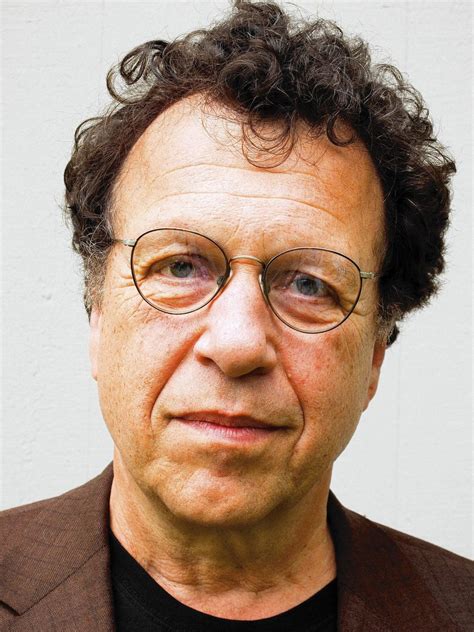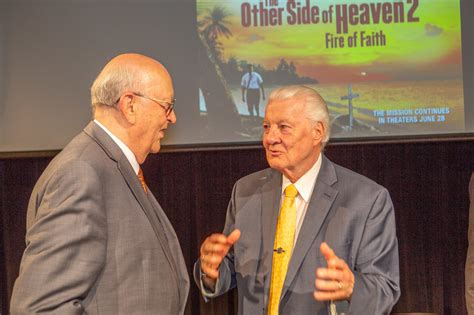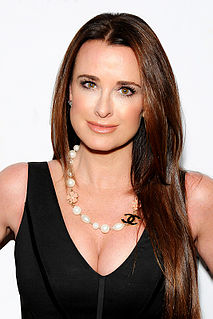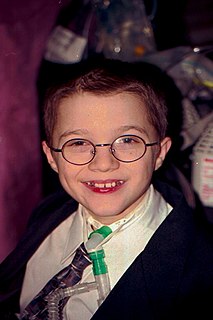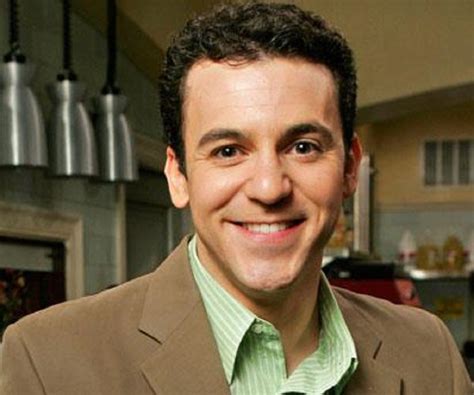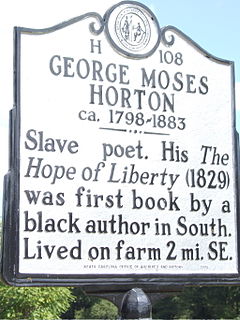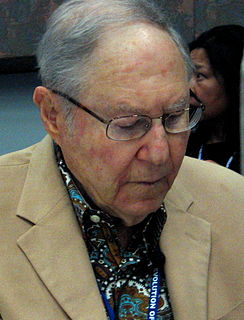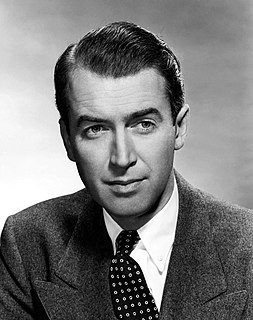A Quote by Laurie Lee
For the first time I was learning how much easier it was to leave than to stay behind and love.
Related Quotes
We can leave a place behind, or we can stay in that place and leave our selfishness (often expressed in feeling sorry for ourselves) behind. If we leave a place and take our selfishness with us, the cycle of problems starts all over again no matter where we go. But if we leave our selfishness behind, no matter where we are, things start to improve.
Once, in my father's bookshop, I heard a regular customer say that few things leave a deeper mark on a reader than the first book that finds its way into his heart. Those first images, the echo of words we think we have left behind, accompany us throughout our lives and sculpt a palace in our memory to which, sooner or later—no matter how many books we read, how many worlds we discover, or how much we learn or forget—we will return.
First of all I had to teach myself how to use the studio because there wasn't any classes in electronic music. So I'd stay there all night and leave in the morning, observe the sun rise and have a lot of different kinds of sounds in my mind. But it was a quest, it was a search. It was research, it was learning.
How much time have you invested in thinking about strategy? How many options have you considered before the plan was written? How have you ensured that the thinking behind the plan is challenged? How much time do you spend exploring trends, possibilities and cool stuff? How much time is spent playing with ideas, hopes and dreams?
Much that is great in literature is an acquired taste, and you have to acquire it in the first place. Our job as parents is essentially to pass on the enthusiasm we had for the things we loved. That's how we'll get them to fall in love with reading in the first place and, hopefully, to stay in love with it.
